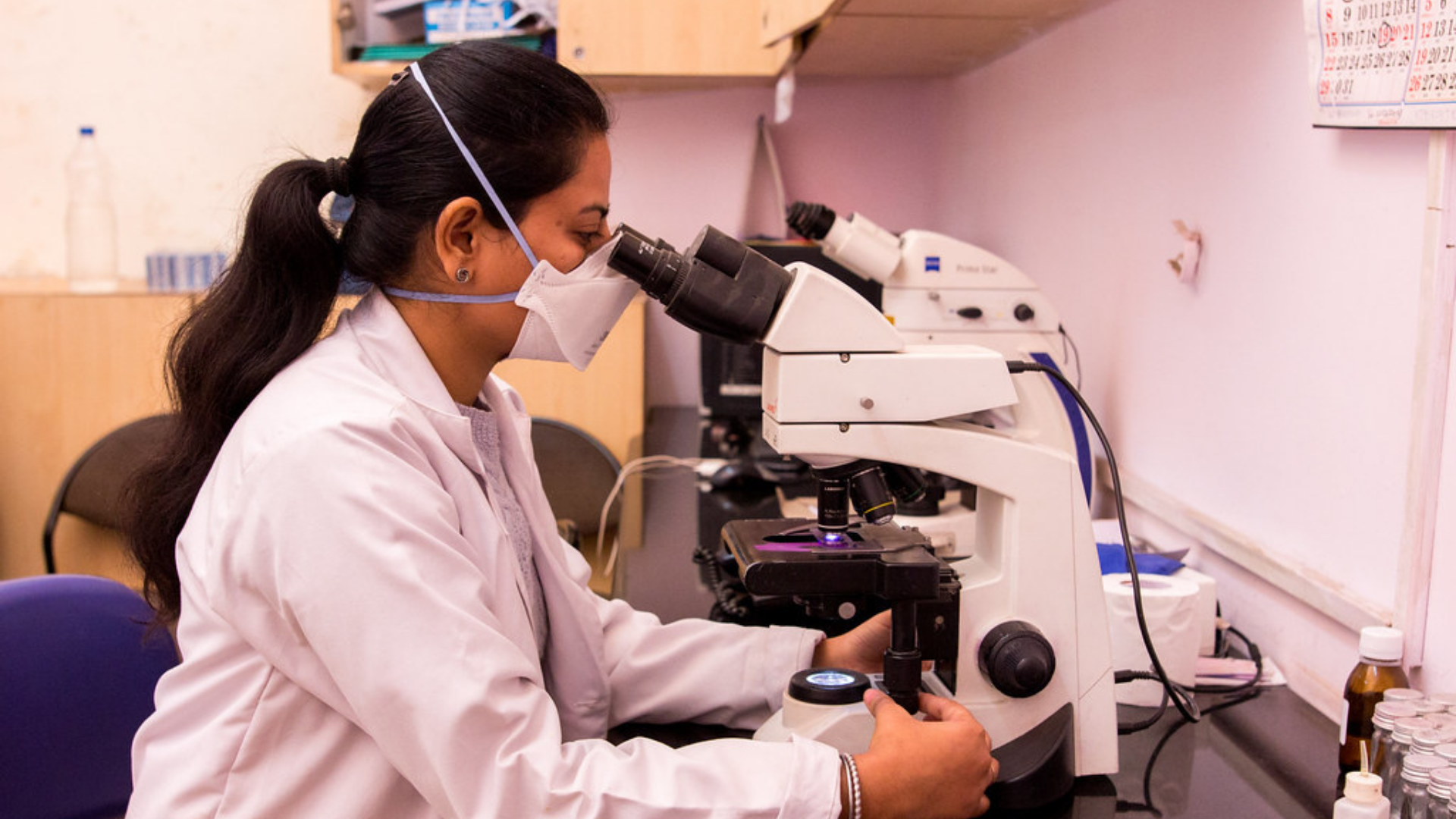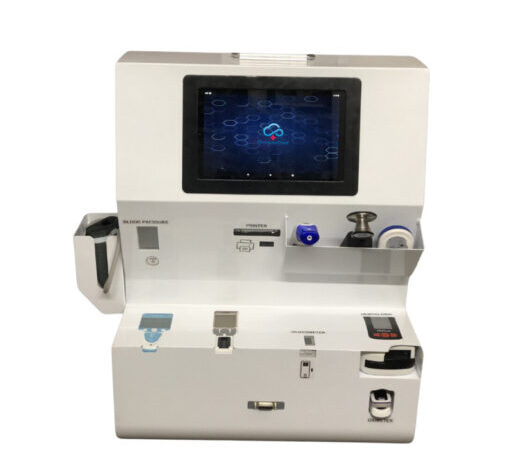
ICMR’s top research institute developing sputum-free tests for diagnosing TB
EN Obtain phlegm specimen for testing is very difficult. With those who are most impossible to be diagnosed, they are most at risk of severe illness, said Dr. Padmapriyadari.Tuberculosis is diagnosed by detecting bacteria in phlegm. But in blood-based biomarkers, scientists are looking at how TB bacteria affect the host’s immune system, Dr. Subash Babu, a scientist and ICER-India scientific director told PTI. Icer in collaboration with Nirt is doing research in this matter.
“We are in the process of developing blood-based biomarkers that will provide an accurate basis for TB diagnostic tests in children and predict treatment results,” said Dr. Babu.In adults, blood -based biomarkers may also be useful for identifying those who are at risk of failure to fail TB treatment or recurrence of disease, he said.
Blood biomarkers can help detect extra-lung tuberculosis that affect other parts of the body such as lymph nodes, bones, brain or kidney.”We have published a number of research articles in high-quality scientific journals about identification of host molecules that can help in the diagnosis of pulmonary TB and lungs in children and adults, as well as to predict the failure of treatment or recurrence in adults before they start anti-treatment anti -TB, “said Dr. Babu.
It is estimated that the total tuberculosis patients in India, about 6 percent are children. Diagnosing TB among children’s populations is a challenge because of a low bacterial burden and the inability of children to respect phlegm.
Also, there is no practical gold standard test to detect TB in children Dr. Siva Kumar, a senior scientist in Nirt said. “Most children are missed in diagnosis because of this challenge. At present, gastric juice is a sample choice to detect TB in the child’s population. This process is also difficult because it involves inserting a tube into the stomach to collect gastric juice, “said Dr. Kumar.
“Usually, child patients swallow their phlegm and this comes out through feces. Thus feces testing can be used to detect pulmonary tuberculosis, “he said.To close the diagnostic gap, he said NIRT had developed a methodology for DNA extraction of fecal samples for tuberculosis diagnosis in pediatric patients.Now, this method is under validation in the laboratory and will undergo a multicentric study before being used in the field, Dr. Kumar added.



